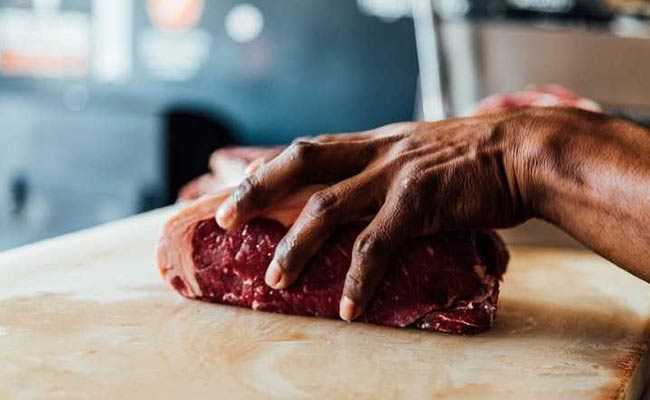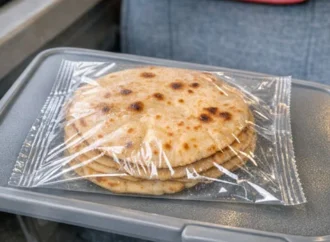Key Update
Food safety officials in Jammu & Kashmir seized over 11,600 kg of “imported rotten meat” from warehouses, eateries, and shops across the Kashmir Valley last week. The Food Wing of the Drug and Food Control Organisation (DFCO) carried out surprise inspections that uncovered illegal storage, expired stock, and clear safety violations. Images of rotten meat circulating on social media fueled public outrage and triggered calls for stricter regulation of the meat supply chain.
Government Action
Jammu & Kashmir Chief Minister Omar Abdullah chaired a high-level review meeting and urged citizens to report concerns directly to authorities rather than taking the law into their own hands. He announced that the government will take “exemplary punitive action” under the Food Safety and Standards Act and pursue criminal proceedings against serious offenders. He directed officials to set up entry-point check posts and testing labs at Lakhanpur and Qazigund, along with district-level food testing facilities beyond Srinagar and Jammu.
Details of the Crackdown
Food Safety Commissioner Smita Sethi confirmed that authorities destroyed all confiscated rotten meat. In Srinagar’s Zakura area, officials found an unregistered cold storage unit hoarding imported meat without a power backup. Many consignments lacked expiry dates, import details, and proper labelling. Several storage sites failed to maintain the mandatory 18°C temperature.
Between July 31 and August 10, DFCO officials seized more than 6,200 kg of rotten, unlabelled, and suspiciously slaughtered meat, including:
- 3,500 kg in Kashmir — 1,200 kg from Zakura, 1,000 kg from Haji-Bagh (HMT), 500 kg from Lasjan (Pulwama), and 250 kg from Nagbal (Ganderbal).
- 2,700 kg of rotting chicken and 100 kg of rotten fish in Jammu.
- 1,000 kg of expired meat, which they destroyed on August 8.
Officials also confiscated 2,500 kebabs containing banned colouring agents and 150 kg of gushtaba.
Industry Response
The sweeping operation has shaken the meat supply chain, prompting traders, suppliers, and restaurants to discard meat and related products to evade prosecution. Officials found 350 kg of discarded meat in Gallandar, Pulwama, and uncovered more suspicious stocks on Srinagar’s outskirts. “The fear of raids and prosecution is palpable,” said a trader in Safa Kadal. Authorities noted this drive surpasses similar efforts in Kerala (2,000 kg destroyed in 2023), Maharashtra (1,500 kg in 2021), and Uttar Pradesh (1,800 kg in 2020), making it the largest single-region meat seizure in recent Indian history.
Push for Long-Term Food Safety Reform
Food safety experts and consumer groups demand permanent safeguards, improved cold-chain monitoring, and regular inspections to verify expiry labels, trace sources, and ensure hygiene compliance. Officials emphasise that the crackdown targets systemic flaws in meat procurement and storage, not just isolated violations, aiming to raise food safety standards across the industry.
Source: The Times of India
 Food Manifest
Food Manifest 


















